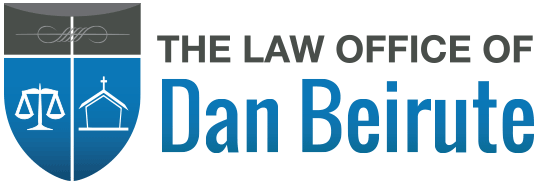Individuals who are approached to serve on the Board of Directors of a nonprofit organization will often ask about a nonprofit volunteer’s liability exposure. Can a volunteer director or volunteer trustee of a nonprofit organization be held personally liable for his or her actions on behalf of the nonprofit? A little-known piece of federal legislation, the Volunteer Protection Act, helps to shield nonprofit volunteers against liability.
Volunteer Protection Act
In the Volunteer Protection Act (“VPA”), Congress recognized that potential volunteers can be deterred from volunteering by fear of personal liability. Section 1 of the VPA states that the legislation was enacted:
to promote the interests of social service program beneficiaries and taxpayers and to sustain the availability of programs, nonprofit organizations, and governmental entities that depend on volunteer contributions by reforming the laws to provide certain protections from liability abuses related to volunteers serving nonprofit organizations …
Section 4 of the VPA provides broad protections for volunteers of nonprofit organizations, including volunteer directors and volunteer trustees. This section states the “no volunteer of a nonprofit organization… shall be liable for harm caused by an act or omission of the volunteer on behalf of the organization or entity.” The means essentially that even if a volunteer causes someone harm, the volunteer will not be held liable as long as the volunteer’s actions were part of his or her duties to the nonprofit organization. Put another way, the volunteer’s actions should be within “the scope of the volunteer’s responsibilities in the nonprofit organization”. The volunteer should be carrying out the duties which he or she was assigned.
There are some exceptions to this liability protection. While the VPA’s protections typically trump state law, the VPA does allow some limited scenarios in which a volunteer could be found personally liable under state law. Also, the VPA does not protect a volunteer against personal liability for:
- harm which is caused by the volunteer’s willful or criminal misconduct, gross negligence, reckless misconduct, or conscious, flagrant indifference to the rights or safety of someone else
- harm caused by the operation of a car or other motorized vehicle
- any misconduct constituting a violent crime, hate crime, sexual offense, violation of a civil rights law, or a drug or alcohol offense.
Even in scenarios where a volunteer is found liable under state law or because an exception applies, the VPA limits the damages which can be assessed against the volunteer. Section 4 prohibits the assessment of punitive damages against a volunteer who was acting within the “scope of the volunteer’s responsibilities to a nonprofit organization”—unless the volunteer’s actions constituted willful or criminal misconduct or a conscious, flagrant indifference to the rights or safety of the person who was harmed. Section 5 limits the amount of damages which can be assessed for pain and suffering and various emotional harm.
Although the VPA doesn’t completely eliminate the risk of liability to volunteers in a nonprofit, it reduces it significantly. Particularly when a nonprofit organization has purchased directors and officers liability insurance, potential directors and trustees can feel (mostly) confident that their liability exposure associated with carrying out their duties to the nonprofit is minimal.
For more information or legal services regarding nonprofit law or church law, contact attorney Dan Beirute. We want to serve as your “general legal counsel” and to provide you and your team with reliable, responsive, and affordable legal services.

